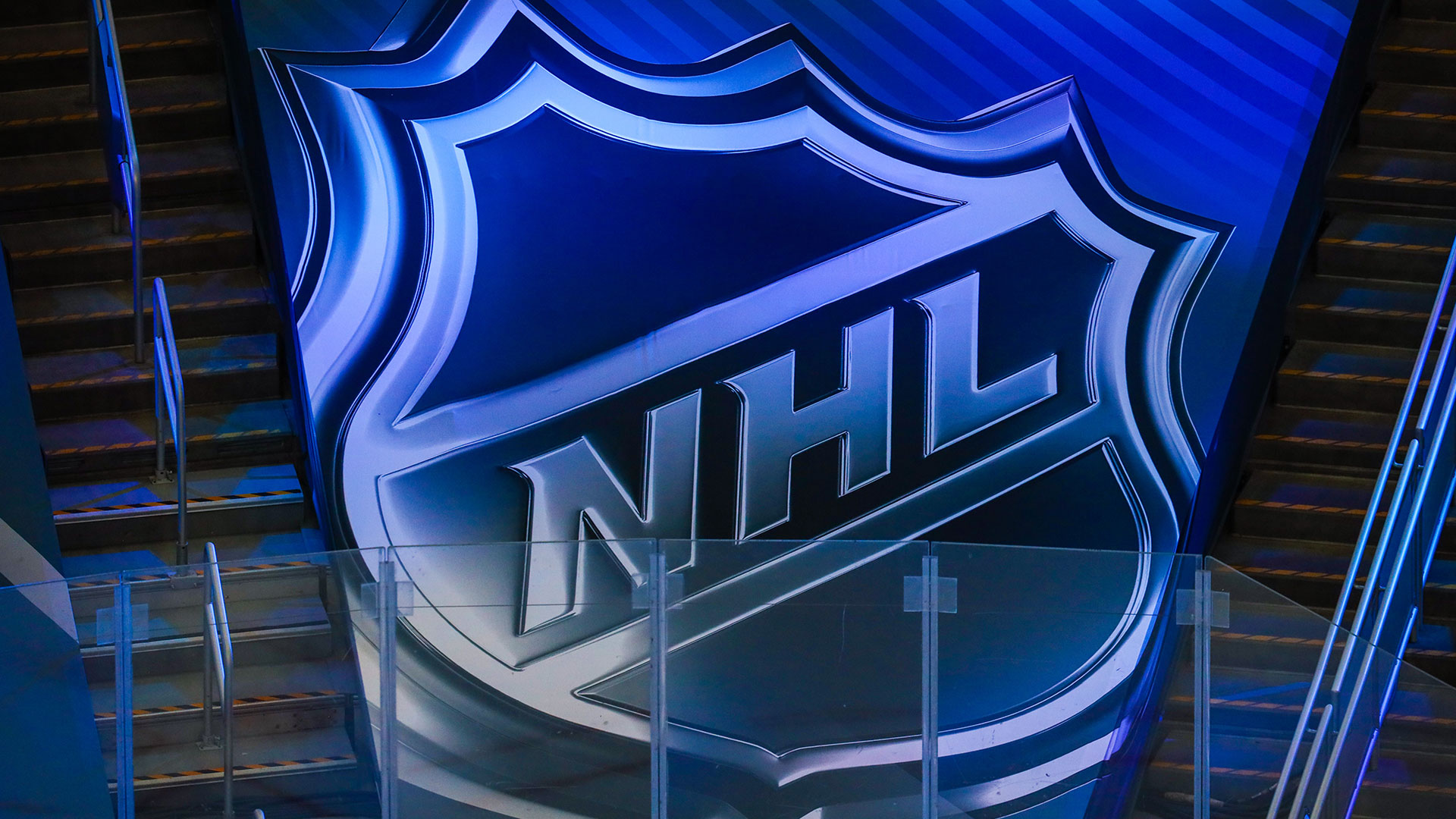
OCEAN CITY, N.J. -- Even while playing in a manner that suggested deep fear of a body clock fast winding down, Bobby Clarke always insisted he took his daily insulin and the shortest route to the puck without obsession to cram it all into a short life.
I never thought about that much when I was younger, said hockeys first diabetic star, who became the winner of two Stanley Cups and three MVP awards by refusing to consider his condition a handicaplet alone ponder what it can do to ones well being in middle and senior years.
Sure enough, age 62 finds Clarke not only in contentment, but in near-perfect health.
Its just luck, I dont have eye or kidney problems, no diabetic problems at all, he said on a recent Sunday, feet up on the recliner, granddaughter Charlie playing on the floor in front of him. My doctor tests me twice a year and says, youre a freak of nature.
Over 50 years, controlling diabetes has gotten so much easier with different kinds of pumps, insulin and monitors. And long ago I decided I am going to control diabetes, its not going to control me.
If I feel like drinking beer and watching football thats what I going to do. I might have to take a little more insulin or watch myself a little closer the next few days, but I know what I have to do. You still gotta live, gotta get some fun out of life.
Clarke has plenty of fun in an early-rising life of fitness walks, gym workouts, golf, coffees with Flyers GM Paul Holmgren and voracious reading of an iPad on which he calls up more fiction and politics than sports. Five years this week since his sudden resignation as general manager, its good to be the Flyers senior vice president, the stress drained away.
NHL
It took a while, said his wife Sandy. Now its hard to get him out of the recliner except to play golf or walk. And reading. Hes always reading.
Summers and autumns are spent in this house that backs onto the bay, which the Clarkes bought 40 years ago. Last year, winters moved to the golf course in Sarasota, Fla., except for one week a month when Clarke flies back to see some games.
He likes to drop into his office at the Flyers practice rink in Voorhees three mornings a week. But the house in Haddonfield is for sale and most of his best friends are in Ocean City and Sarasota. So the question is, how much will Clarke still be around?
Last season was the first Bob spent a lot of time away from the team, said Holmgren. But I still bounce a lot of things off him. Hes not going to be a guy who will offer until asked. But he experienced so much over 30 years hes a good sounding board on anything Im thinking about doing.
And the consultant loves to be consulted.
Im probably lucky Paul talks to me a lot and keeps me informed, said Clarke. I know Im not needed. Hell say, would you trade that this guy for that guy? So I get my two cents in, which keeps you following it, gives you that sense of camaraderie. I mean, its retirement, but I cant imagine it being any better.
There are days you still miss the competitiveness. If you are going to manage, thats the stuff that keeps you up all night, keeps you alert. Ive had a few expressions of interest (from other organizations). But I certainly knew when I quit it was time to move on.
Not pushed by anything other than the realization that he found himself needing a push, Clarke resigned after a 1-6-1 start to the 2006-07 season in which the Flyers would plummet from 101 points to a dead-last 56.
It was my fault, he said. We knew there were problems but I didnt solve them in time.
Eric Desjardins and Keith Primeau had to quit prematurely, Peter Forsberg wasnt ready for camp, and Jeff Carter and Mike Richards were forced into the top two center positions before they were ready. Clarke made a bad trade of Patrick Sharp for Matt Ellison, practically every role pickup failed and the collapse was complete.
Paul had pushed and pushed to sign Vancouvers Ryan Kesler to an offer sheet. We finally did and they matched it but that was Paul doing something I would have done at a different time of my career, said Clarke. I thought as soon as I got to camp that fire would come back but it didnt.
These people are all my friends, still the ones from the game I talk to the most. But Harry Sinden took Boston right to the bottom. Cliff Fletcher struggled, Bob Pulford took Chicago to the bottom. I stayed too long and took the Flyers to the bottom. And all of us probably were protected by our relationships with owners. Its surprising some of these current GMs stay as long as they do but maybe their goal isnt to win, just to make the playoffs.
Clarke made them every year but two of the 17 he managed the Flyers, producing seven semifinalists (including three finalists), pretty good and not good enough.
Im partially like everybody else, he said. If you dont win the Cup, you cant be considered successful. The expectations when youve got unlimited money are a lot higher.
Edmonton went 20 years crying they didnt have the money to compete with the Flyers. As Slats (Glen Sather) has found out in New York and a lot of teams have found out since the cap went in, even when youve got the same money as everybody else, its not that easy.
I traded a couple guys I never should have. Davey Poulin (to Boston for an all-but finished Ken Linseman) being one. Brad McCrimmon (to Calgary for the last pick in the first round) being one. But I could say equally as good was getting John LeClair and Eric Desjardins (for Mark Recchi).
The drafts turned generally better with the selection of Simon Gagne in 1998, and after Clarke came back from Minnesota, the team went 11 straight years finishing first or second in the division. All the money the Flyers had wouldnt have won anything, had good players chosen to take somebody elses.
Free agents like Jeremy Roenick and Peter Forsberg wanted to come here because the organization tried to win all the time, said Clarke.
Danny Briere and Kimmo Timonen recognized that, too, when they signed on with Holmgren, seeing a cupboard still stocked with Mike Richards, Carter and Gagne.
Maybe I am justifying to myself but I didnt leave the club strapped, said Clarke. We were right back the next year.
Two subsequent deep playoffs runs still hit the wall for failure to get a wall in goal. Holmgren has gone through goalies, too, but the failure to prioritize a good one will be the way Clarkes reign will be remembered.
The only time we had a chance at a top-level guy was (1998) when Curtis Joseph was available, said Clarke.
Vanbiesbrouck had been good for Roger (then-Flyers coach Neilson) in Florida. Roger wanted him more so I justified that as the reason, even though it helped me Vanbiesbrouck was going to be cheaper than Joseph, 2.5 or 3 million as opposed to 7 million. I thought at the time Joseph was probably better but you use excuses sometimes, I guess.
Vanbiesbrouck took Florida to the finals but for us lost in the first round. How do you know (Roman) Cechmanek is going to go for a s--- in the playoffs when he played that good all year?
Robert Esche played good (in 2004). We lost 2-1 in Game 7 (in the conference finals to Tampa Bay). That time, it wasnt our goaltending.
That time Primeau, another Clarke trade acquisition, played like the gap-toothed No. 16 in his prime, the highest praise available. Clarke was the most driven and effective forechecker in NHL history, and until Gretzky came long, the most inventive playmaker of the expansion era, retiring after 15 seasons fourth all-time in assists.
One would never learn any of this from the walls in his family room, where nothing is on display besides the owners modesty.
I never thought it was appropriate to make a museum of yourself, Clarke said. I know what I won, thats enough for me.
There are a few trophies and mementos up in Haddonfield but not much. The Stanley Cup replicas and the plaques they gave for the MVP are in Florida. Most of the stuff, it hasnt been given to charities for auctions, will be given to the grand-kids.
While he played, most of the spoils, like gift certificates for interviews, went to trainers and other off-ice personnel. But one individual award lit Clarke up, and one which surprises only those who dont know him.
Late in my career (1982-83) I won the Frank Selke (best defensive forward) award, he said. I thought that was pretty good.
For a long time I was one of the top scorers with MVPs and stuff. And not many of those kinds of guys have won a Selke. For me, that meant I could play the game at both ends of the ice, playing it properly for the team.
The team always came first which is why he grew to despise the Lindroses, how he could awkwardly blurt out his frustrations that a terminally-ill Neilson wanted to go back behind the bench with the Flyers doing well without him.
I overstated some things, Clarke said. But almost every time it was when I thought something or somebody was hurting the team.
There is plenty of glory for everybody when you win.
And there should be plenty of contentment and respect after you did, which is why its good to see Clarke off the firing line and being the icon who led the franchise to glory, no longer the guy perceived to be keeping it from more.
A Bernie Parent is much more social than I am, he says. But when people come up to me and say I took my son to the parade I still think thats neat.
His own oldest son Wade, hired by Holmgren, scouts for the Flyers out of Minneapolis and Clarkes other three children all are closer to the nest.
Jody, an administrative assistant for the Flyers in Voorhees, is divorced from ex-Flyer farmhand Peter White, and has 12 and 11 year olds Peter and Emerson.
Daughter Jackie is married with two 15-month old twins, Sutton and Judd. Lucas, an IT guy with the Rothman Institute, has a seven-year old Dylan and an 18-month old Charlotte (Charlie) who was amusing herself on the floor in front of Clarke with Sandy and Ben the Goldendoodle.
Charlie, who may have suffered a stroke in the womb, emerged not knowing how to breathe and swallow. After five months in the NICU unit at Childrens hospital, she came home attached to tubes.
For a while it looked bad, but with therapy shes catching up fast, said Bob. Physically it appears she is going to be okay and well see about the rest, but she looks like shes fine.
So appears to be Grandpa in that recliner, a throne earned by the most vital figure in the history of one of sports most important franchises.
Jay Greenberg covered the Flyers for 14 years for the Daily News and Evening Bulletin. His history of the Flyers, Full Spectrum, was published in 1996. He can be reached at jayg616@aol.com.


